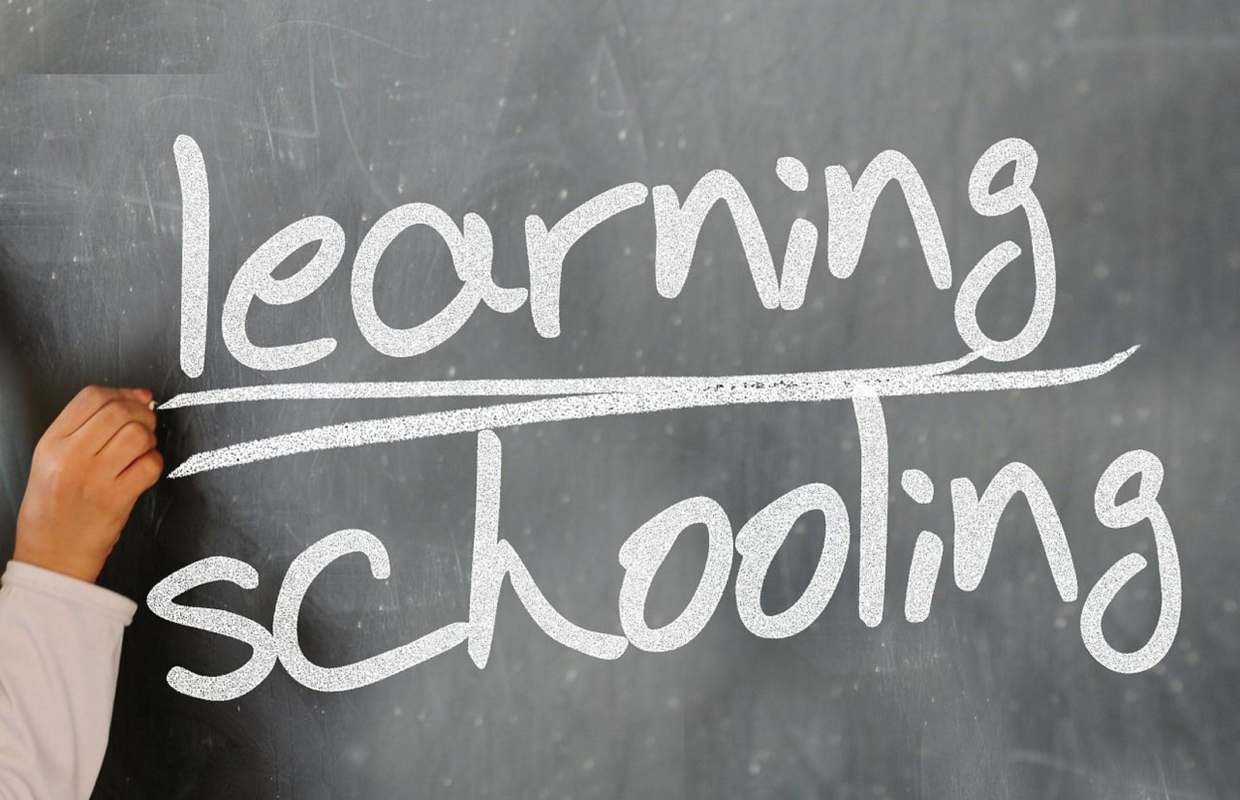Written by Charlene Petersen-Voss, Special Projects Manager and Sibongile Khumalo, Executive Director of The Learning Trust
The power of collective action
The world is riddled with daunting and complex challenges that no single person or organisation can claim to know the solutions to. From poverty and food insecurity to climate change and catastrophic pandemics, these challenges continuously threaten human advancement and remain at the top of the list of pressing issues. Many of them are clearly interconnected, and for this reason, it makes complete sense that finding solutions requires collective efforts from all of us. Merely acknowledging the challenges and collaborating to address them is not enough to overcome them. A strong desire for change is needed to drive us towards a resolution.
Enter “collaboration”. It was probably at the advent of the 21st century that we can remember the word being touted as the panacea to get us out of the complex web of challenges. Collaboration has most notably become a catchphrase in the development sector, with many of us agreeing that it is much easier said than done. Unlike its cousins, cooperation and coordination that can be somewhat transactional, collaboration is supposedly a lot more transformational in nature. It requires a relentless effort towards a goal and demands that we bring our whole selves to the process of deliberate change.
Undeniably, there is power in collective action. However, as with any undertaking by a group of actors, success is most likely achieved when we are guided, inspired, and supported towards the goal. Given the complex challenges that we are attempting to solve, collaboration offers a powerful tool for mobilising people and organisations towards action, bringing community issues to prominence and identifying models that work and lend themselves to being scaled.
Article originally published in IPASA Newsletter 2023. Read more here.
